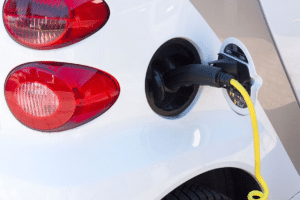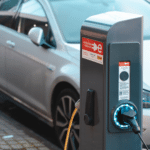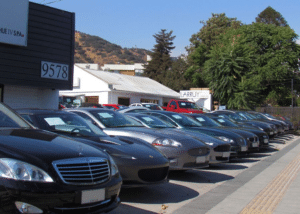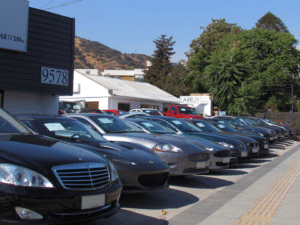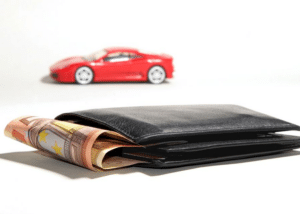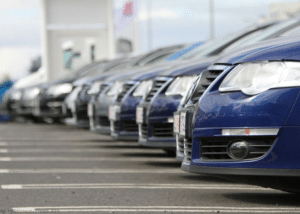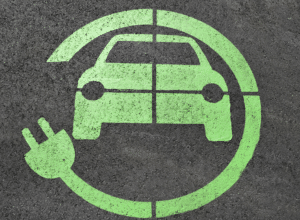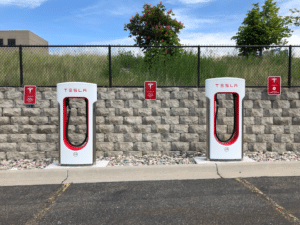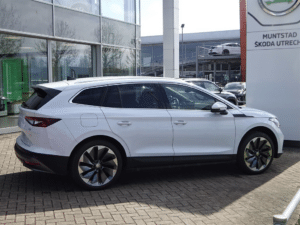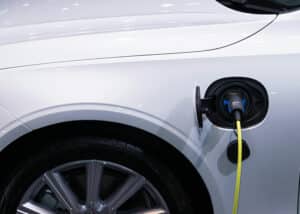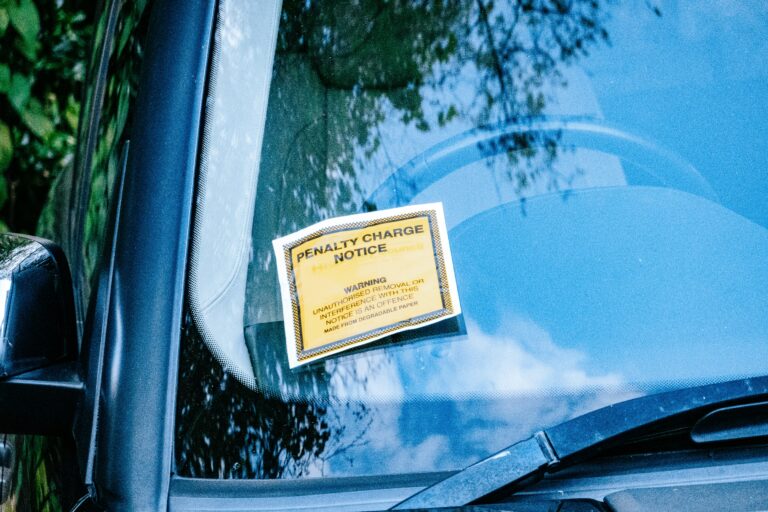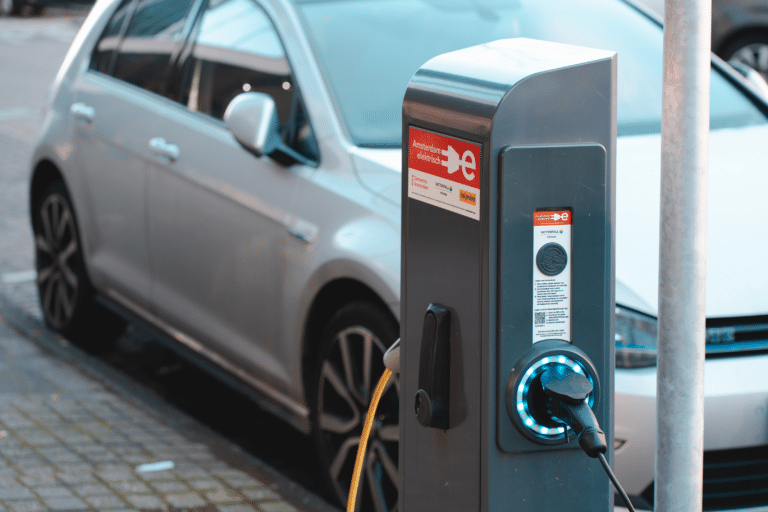Hybrids expected to remain on sale until 2035.
Labour is planning to allow hybrid vehicles to remain on sale until 2035, even though they initially aimed to ban the sale of new petrol and diesel cars by 2030, according to The Telegraph. This decision is part of a broader strategy to ease the transition to zero-emission vehicles and provide some relief to manufacturers, says Motor Finance Online.
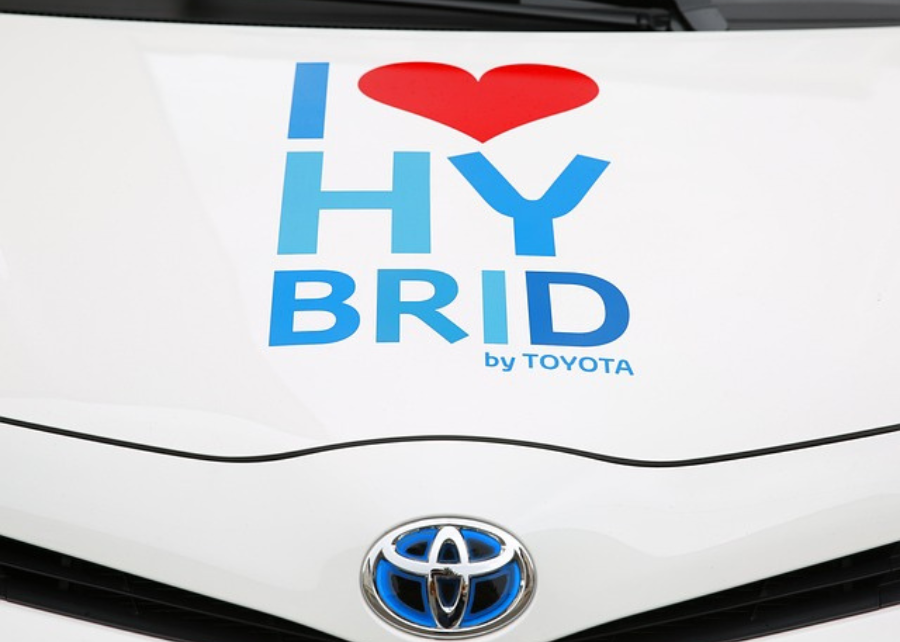
Hybrids Expected To Remain On Sale Until 2035
The government will still push for a significant increase in the sale of pure electric cars, aiming for 80% by 2030 and 100% by 2035. This approach is expected to help balance environmental goals with practical considerations for consumers and the automotive industry.
This is a U-turn some might have seen coming, others maybe not so much, as the government backtracks from its initial statements of introducing an outright ban on the sale of petrol cars in 2030. This was all part of the plan to reach zero, to ban any new car powered by an internal combustion engine, until now that is, when according to The Daily Telegraph, it’s now believed ministers are intending to back away from the promise.
It would mean that unlike pure petrol and diesel cars, hybrids would be allowed to remain on sale until 2035.
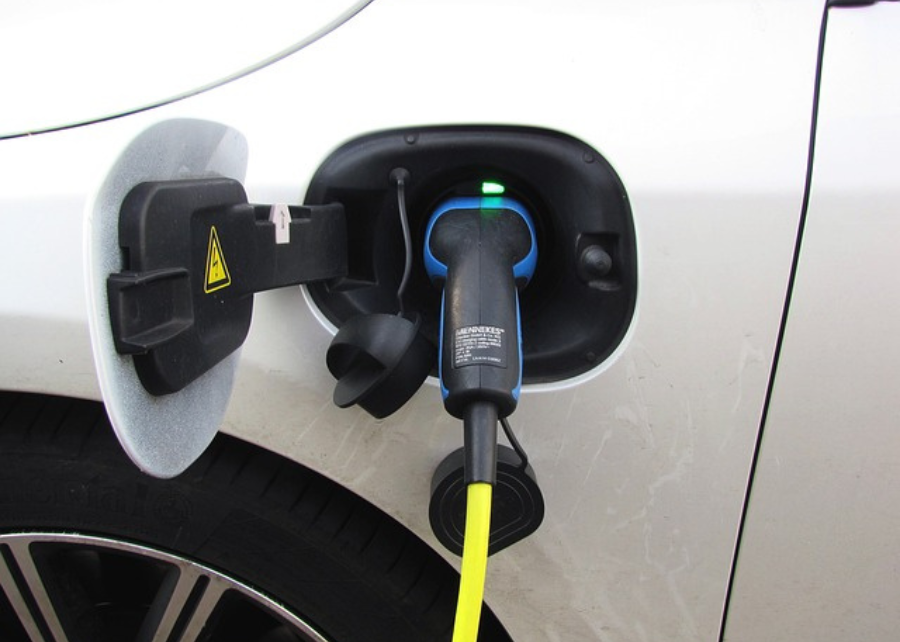
Quoted by the Telegraph, Helen Whately, the Conservatives’ shadow transport secretary, said Labour ‘either didn’t know what they were committing to’ during the election campaign ‘or have now realised it isn’t possible’.
The decision to allow hybrid vehicles to remain on sale until 2035 will have several significant impacts on car manufacturers:
Extended Transition Period: Manufacturers will have more time to transition from internal combustion engines to fully electric vehicles. This can help them manage the shift more smoothly and avoid potential disruptions in production and supply chains, says This Is Money.
Investment in Hybrid Technology: With hybrids allowed until 2035, manufacturers might continue to invest in hybrid technology, improving efficiency and performance. This could lead to more advanced hybrid models being developed and sold.
Market Strategy Adjustments: Car manufacturers will need to adjust their market strategies to balance the production and promotion of hybrid and electric vehicles. Car Dealer Magazine, says this might involve different marketing campaigns and sales tactics to cater to varying consumer preferences.
Regulatory Compliance: Manufacturers will need to stay updated with government regulations and ensure their hybrid models meet the criteria set for emissions and performance. According to This Is Money, this could involve additional research and development costs.
Consumer Choice: The extended availability of hybrids provides consumers with more choices, potentially increasing sales for manufacturers who offer a range of hybrid and electric options.
With hybrids expected to remain on sale until 2035, Labour’s softened stance marks a notable shift in the UK’s path to decarbonising transport. While the long-term goal of cleaner, greener travel remains intact, this extended timeline offers more flexibility for manufacturers, consumers, and the market.
For drivers navigating this evolving landscape, staying informed — and proactive — will be key. Whether you’re holding onto your petrol car or eyeing your next move, it’s clear the road ahead is being redrawn.
While allowing hybrids until 2035 can help reduce emissions in the short term, it also means that the complete transition to zero-emission vehicles will take longer. Balancing these factors is crucial for achieving long-term environmental goals.
Will it be 2035 that we say goodbye to hybrids or could it be longer, what do you think?
Hybrids expected to remain on sale until 2035.
Still holding onto your petrol or hybrid vehicle as policies evolve? Jamjar.com makes it simple to see what it’s worth — get a free online quote today, no paperwork, no pressure. Whether you’re selling now or planning ahead, it’s the smart way to stay in the driver’s seat.



















